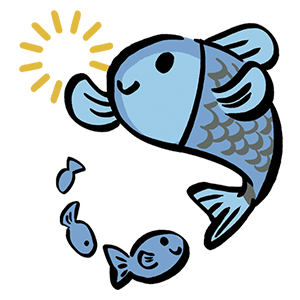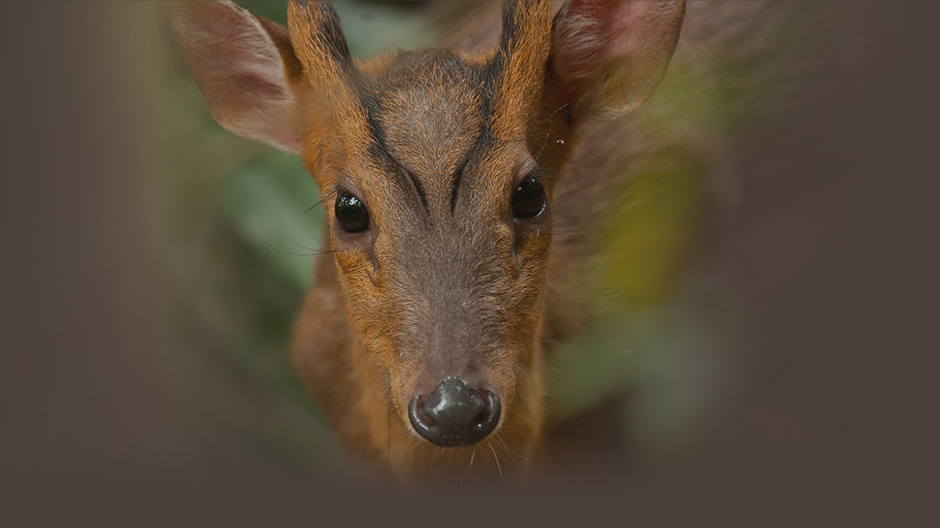野生動植物和森林犯罪,已經和毒品、軍火、人口走私,並列全球最大的跨國組織犯罪。本月初,CITES秘書長John Scanlon在中央公園動物園發表談話,指出「人類的貪婪、無知和冷漠3個特質,是盜獵的主要驅力。」
象、犀、猿類 族群數量持續下降
根據CITES發表的新數據,2014年大象盜獵的速度,跟2013年相比完全沒有起色,仍超過大象自然繁衍速度,表示整體大象數量正持續下降。
CITES報告指出,2014年南非有1,215頭犀牛遭盜獵,等於每8小時就一頭。94%的盜獵發生在僅剩犀牛數量最多的南非。
隨著組織集團犯罪興起,南非盜獵情況從2007年的少於20頭,到2013年超過1000頭。2014年盜獵犀牛角總價值約6300百萬至1億9200萬美元。
根據猿類拯救計畫(Great Apes Survival Partnership,GRASP)的報告,盜獵對非洲黑猩猩、大猩猩、倭黑猩猩和亞洲猩猩的威脅日益嚴重,2014年起平均每周扣押1.3件,然而有更多巨猿因走私前的捕捉和圈禁而死亡。據估計,過去14個月間,最少220隻黑猩猩、106隻亞洲猩猩、33隻倭黑猩猩和15隻大猩猩從野外消失。
盜獵三元兇:貪婪、無知、冷漠
為了紀念《瀕危野生動植物種國際貿易公約》(Convention on International Trade in Endangered Species,CITES)的簽署日,聯合國大會在2013年將3月3日定為世界野生動物日。
自然資源犯罪除了立即影響環境外,也剝奪了開發中國家數10億美元的收入。今年,肯亞總統Uhuru Kenyatta燒毀15公噸的象牙,除了紀念這個日子,也向世界宣示持續對抗象牙國際貿易的領導地位和決心。
Scanlon說,好消息是,已有許多對抗這3個特質的工作正在進行。「越來越多國家把野生動植物犯罪視為嚴重犯罪;許多地區都在執行喚起公共意識的活動;高層政治領袖和主要意見領袖開始為此發聲。」
淪落鳥園 野生金剛鸚鵡不到百隻
 電影「里約大冒險」裡面的斯皮克斯金剛鸚鵡「阿藍」,是地球上最瀕危的物種之一。現在世界上只剩下80隻斯皮克斯金剛鸚鵡,大部分都在巴西境外(西班牙、德國和卡達)的鳥園中。
電影「里約大冒險」裡面的斯皮克斯金剛鸚鵡「阿藍」,是地球上最瀕危的物種之一。現在世界上只剩下80隻斯皮克斯金剛鸚鵡,大部分都在巴西境外(西班牙、德國和卡達)的鳥園中。
食蟻獸是全世界盜獵最嚴重的哺乳動物之一,過去10年間有超過1百萬隻從野外被捕捉。
聯合國開發計劃署(UNDP)正啟動新計畫,欲遏止亞非的野生動植物非法貿易。這些計畫將著重於執法、控管和私人單位的參與,並加強兩地區政府間的合作。
The second World Wildlife Day was observed around the world this week. The special day was proclaimed by the UN General Assembly in 2013 for March 3, the day of the adoption of the Convention on International Trade in Endangered Species, CITES.
On World Wildlife Day, Tuesday, Kenya’s President Uhuru Kenyatta torched 15 metric tonnes of ivory, sending a smoke signal to the world that Kenya continues to reject the international trade in ivory and is a global leader in fighting the ivory trade.
Wildlife and forest crime has grown into one of the largest transnational organized criminal activities, alongside drug trafficking, arms, and trafficking in human beings.
Beyond immediate environmental impacts, the illegal trade in natural resources is depriving developing economies of billions of dollars in lost revenues.
At the Central Park Zoo today, CITES Secretary-General John Scanlon addressed a high-level gathering of experts that includes UN ambassadors from Gabon, Germany and Thailand, saying, “Three human traits that are primary drivers of this illegal trade: greed, ignorance and indifference.”
Scanlon says the positive news is that work is happening to deal with all three issues. “More States are treating wildlife crime as a serious crime; targeted public awareness campaigns are well underway in all regions; and politicians at the highest levels and key opinion leaders are speaking out.”
According to new figures released today by CITES, overall elephant poaching rates remained virtually unchanged in 2014 compared to 2013, and still exceed natural elephant population growth rates, meaning a continued decline in elephant numbers overall is likely.
CITES reports that 1,215 rhinos were poached in South Africa alone in 2014 – this translates to one rhino killed every eight hours. Approximately 94 per cent of rhino poaching takes place in South Africa, which has the largest remaining populations. The involvement of organized syndicates has seen poaching rise from less than 20 in 2007 to over 1,000 in South Africa in 2013, and rhino horn poached in 2014 is valued at an estimated US$63 to US$192 million.
The Great Apes Survival Partnership (GRASP) reports that the illicit traffic in live great apes is an increasingly serious threat to chimpanzees, gorillas, and bonobos in Africa and orangutans in Asia, with seizures averaging 1.3 per week since 2014. Many more great apes die during capture and captivity than ever enter the illicit traffic; it is estimated that a minimum of 220 chimpanzees, 106 orangutans, 33 bonobos, and 15 gorillas have been lost from the wild over the last 14 months, according to GRASP.
The Spix’s macaw, the bird portrayed in the animation “Rio” by the friendly character “Blue”, is one of the most endangered species on the planet. Today there are only 80 Spix’s macaws in the world, the majority of which are kept by foreign bird keepers (in Spain, Germany and Qatar).
Pangolins, also known as ‘scaly anteaters’ are among the world’s most trafficked mammals on earth, with over one million animals taken from the wild in the past decade.
The United Nations Development Programme (UNDP) is launching new initiatives to halt the illegal trade in wildlife in Asia and Africa. These initiatives will tackle wildlife crime by focusing on law enforcement, regulations, and engaging the private sector and strengthening collaboration between governments within and across the two regions.
 網站捷徑
網站捷徑




